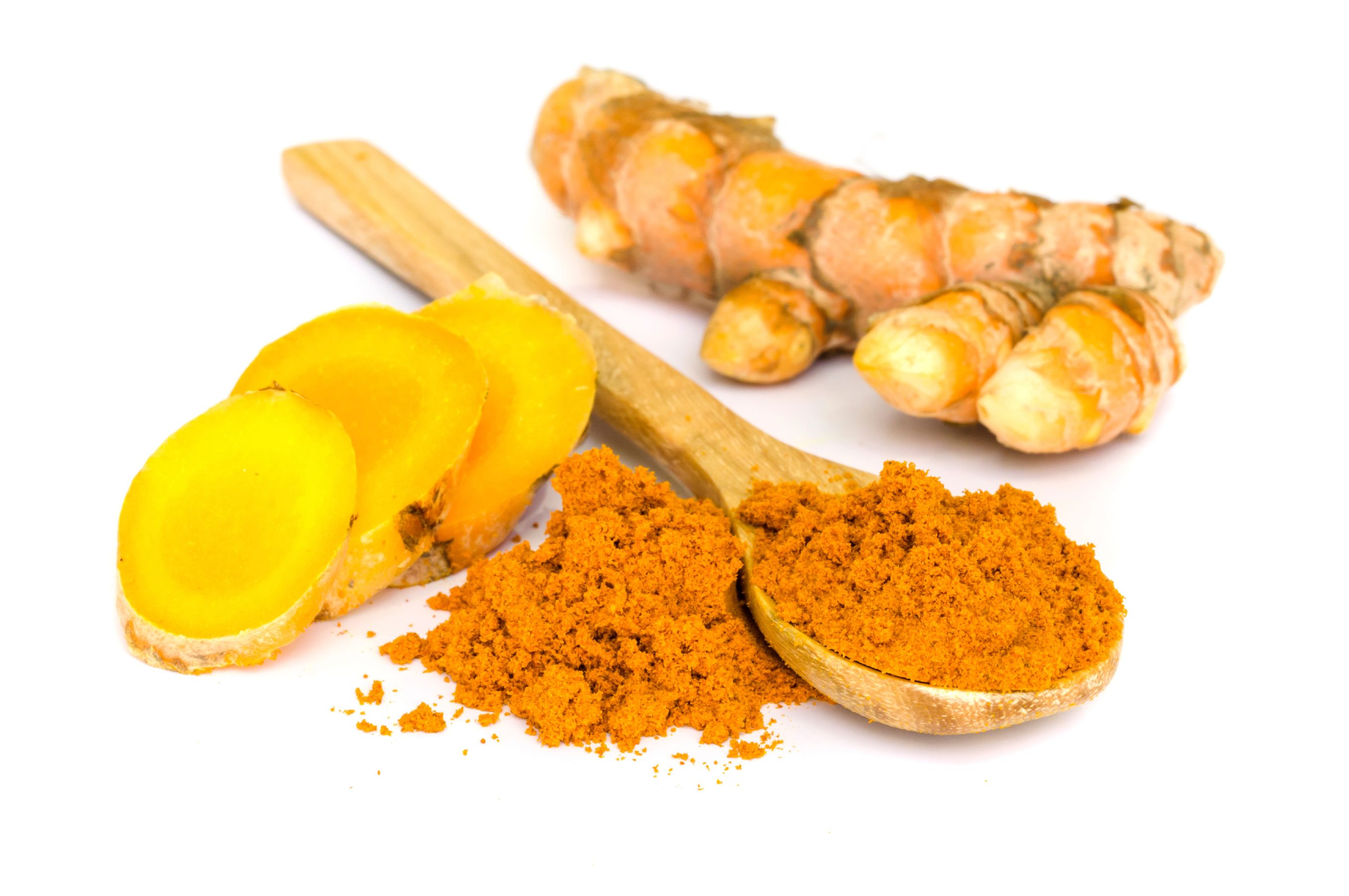New Curcumin Ingredient Aims for High Level of One Specific Curcuminoid to Boost Anti-Inflammatory Activity
Photo © iStockphoto.com/tropper2000

A new curcumin extract now being marketed under the brand name Curcumin BDM30 was developed with high levels of one particular curcuminoid: bisdemethoxycurcumin (BDMC). Due to its high BDMC content, Curcumin BDM30 is said to be a more potent anti-inflammatory compared to standard curcumin.
The Rhema Group (Ogden, UT) partnered with Biologic Pharmamedical Research (Vancouver, BC, Canada) to roll out the ingredient. At the SupplySide West trade show, the company explained why this new curcumin discovery is so exciting.
According to Rhema’s chief science officer, Franco Cavaleri, BSc, PhDc, who is also the principal research scientist at Biologic Pharmamedical, Curcumin BDM30’s high BDMC content enables it to inhibit the activity of the nuclear MSK1 protein, which is a “facilitative kinase protein central to the inflammatory process.” Cavaleri said that according to his research, compared to curcumin extract itself, BDMC may “be up to seven times more potent” to MSK1.
By contrast, standard curcumin extracts are typically lower in BDMC, he said. “This new, pointed pharmacological research on curcumin reveals that although BDMC exists in extremely low concentrations in standardized curcumin extracts-between 0.5% to 1.5%-it can play a key role in therapy if it is raised to 30%."
“Regular curcumin extract does not inhibit or downregulate in any way MSK1 because curcumin III (BDMC) levels are too low,” Cavaleri told Nutritional Outlook. “Specifically, BDMC targets and neutralizes a key protein in the nucleus of the cell that serves as a switch to turn on the transcription (production of genes) of inflammatory cytokines (proteins). Regular curcumin does not turn off this switch (MSK1) but rather only slows down the transition or movement of another element (NF-kB) that produces the inflammatory cytokines-and even so, it slows this element down only slightly.”
According to Cavaleri, it is this "switch," or the ability to "turn off" the activity of MSK1, that makes Curcumin BDM30 unique. It also demonstrates the ability of curcumin to "target specific genomic acivity." For instance, Cavaleri said, curcumin formulations may be able to now target specific proteins, such as MSK1, that are “overactive” in certain diseases, such as drug-resistance cancers and autoimmune diseases.
“Curcumin BDM30 inhibits...NF-kB transcription factor as effectively as regular curcumin does," he said. "But BDM30 also provides the means to turn off the switch (MSK1) that is responsible for turning on NF-kB when it gets to the DNA (gene promoter) to activate (or transactivate) these inflammation generating genes." The proteins produced from these genes, for example, are key inflammatory cytokines like IL-1, IL-2, IL-6, TNF alpha, and COX.
“This discovery is significant because it means curcumin pharmacology can now be more precisely targeted for therapeutic results,” Cavaleri said. In fact, the companies say that the work they are doing to develop “new evidence-based” curcumin drug and supplement ingredients “is expected to change how curcumin is prescribed in the future to help improve lives."
Still, Cavaleri added, “more research will be needed to determine how this activity can be applied to treat a range of indications." But it's safe to say that already the two companies believe their new ingredient is highly promising.
Also read:
Turmeric Rising: Turmeric and Curcumin Research Is Hot
Jennifer Grebow
Editor-in-Chief
Nutritional Outlook magazine
jennifer.grebow@ubm.com









